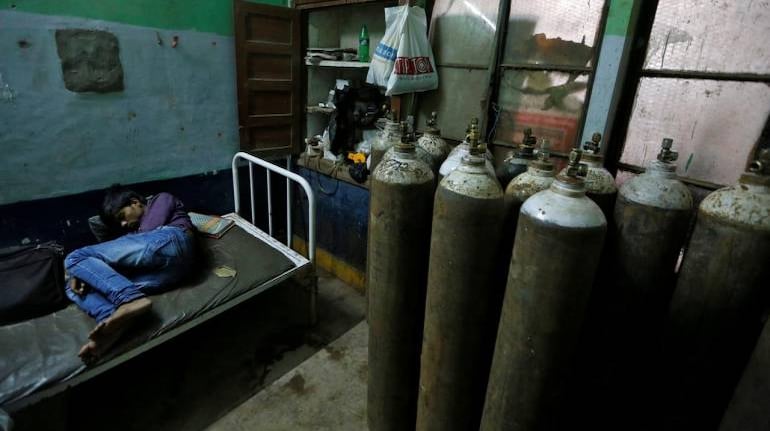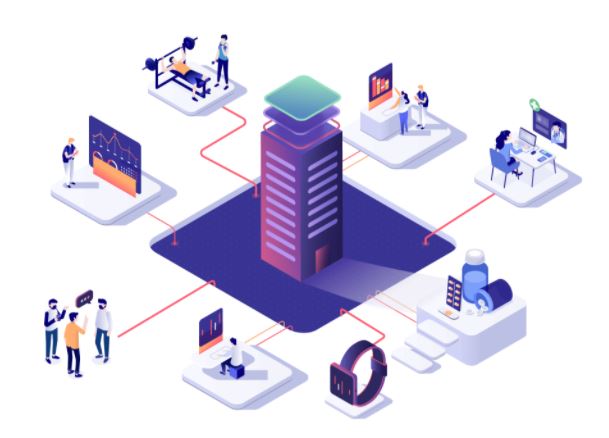Chief Minister Arvind Kejriwal urged the Centre on Tuesday to provide medical oxygen to Delhi, claiming that some hospitals would run out in a matter of hours.
He had on Sunday termed the shortage of oxygen for coronavirus patients an “emergency”.
Kejriwal also wrote to Union Minister of Commerce and Industries Piyush Goyal, requesting his help.
“Serious oxygen crisis persists in Delhi. I again urge the Centre to urgently provide oxygen to Delhi. Some hospitals are left with just a few hours of oxygen,” the chief minister tweeted.
Serious oxygen crisis persists in Delhi. I again urge centre to urgently provide oxygen to Delhi. Some hospitals are left with just a few hours of oxygen.
— Arvind Kejriwal (@ArvindKejriwal) April 20, 2021
The Delhi government established a 24-member committee on Monday to ensure the “rational” use of oxygen for COVID-19 patients.
The ‘Oxygen Audit Committee,’ according to a Health Department order, will recognise places of inefficient use.
The consumption of oxygen has undergone a quantum increase with the admission of a large number of serious patients who require oxygen support, it said.
Hospitals buckle amid virus surge
Tests are being postponed. Medical oxygen is in short supply. Hospitals are chronically understaffed and overburdened. The intensive care units are fully completed. The dead are piling up at crematoriums and cemeteries, and almost all ventilators are in operation.
India reported over 250,000 new infections and over 1,700 deaths in the past 24 hours alone, and the U.K. declared a travel ban on most tourists from the country this week. In total, India has recorded over 15 million cases and 180,000 deaths, with experts estimating that these figures are likely undercounted.
India’s surge of cases is leading to a worldwide increase in infections, as many countries, including Brazil and France, are experiencing worsening crises, exacerbated in part by new, more infectious strains, including one discovered in India.
More than a year into the pandemic, global deaths have surpassed 3 million and are once again on the rise, with nearly 12,000 people dying every day on average. At the same time, vaccination efforts have suffered setbacks in many countries, and India’s surge has only worsened the problem: the country is a major vaccine manufacturer, but has been forced to postpone deliveries of shots in order to concentrate on domestic demand.
Authorities believed the worst of the pandemic had passed when new infections began to decline in September. Harsh Vardhan, the country’s health minister, also announced in March that the country had reached the “endgame” — but he was still behind the curve: In the previous month, the average weekly cases in Maharashtra, home to the financial capital of Mumbai, had tripled.











